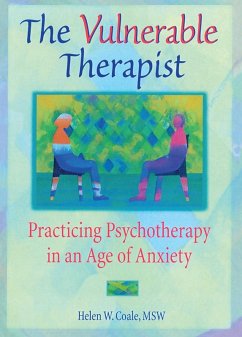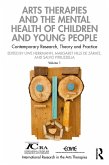- social, cultural, and contextual aspects of the crisis of meaning in psychotherapy
- professional responses to the crisis of meaning which create ethical dilemmas for individual practitioners
- the power of language to construct and control mental health beliefs
- psychotherapy's core constructs and ethical "buzzwords"
- psychological and legal risks in practicing psychotherapy today
- specific problems with licensing boards and other complaint channels
- problems with rule-based ethics
- alternative models for creating ethical therapist-client relationships Today, more and more, excessive litigation and market-driven forces are imposing standard ethics decisions on psychotherapists, forcing them to see their clients through the clouded lenses of risk management and liability instead of through the lens of therapeutic need. Much like the symptomatic children whose dysfunctional family stops blaming them and starts shouldering part of the "problem," distraught therapists need the psychotherapy profession to address its own psychopathology at the institutional level. The Vulnerable Therapist shows how you can contribute to a total revamping of the mental health professions in a way that facilitates rather than impedes ethical functioning.
Dieser Download kann aus rechtlichen Gründen nur mit Rechnungsadresse in A, B, BG, CY, CZ, D, DK, EW, E, FIN, F, GR, HR, H, IRL, I, LT, L, LR, M, NL, PL, P, R, S, SLO, SK ausgeliefert werden.









